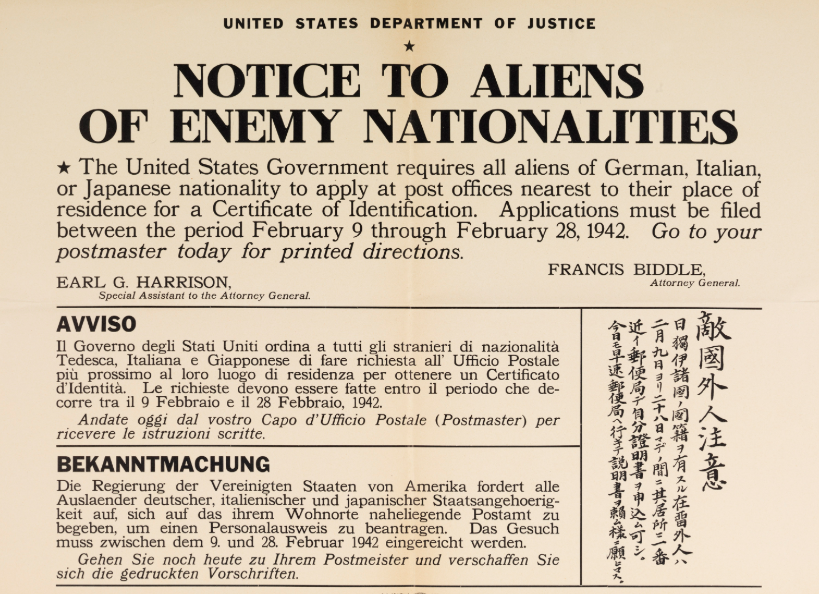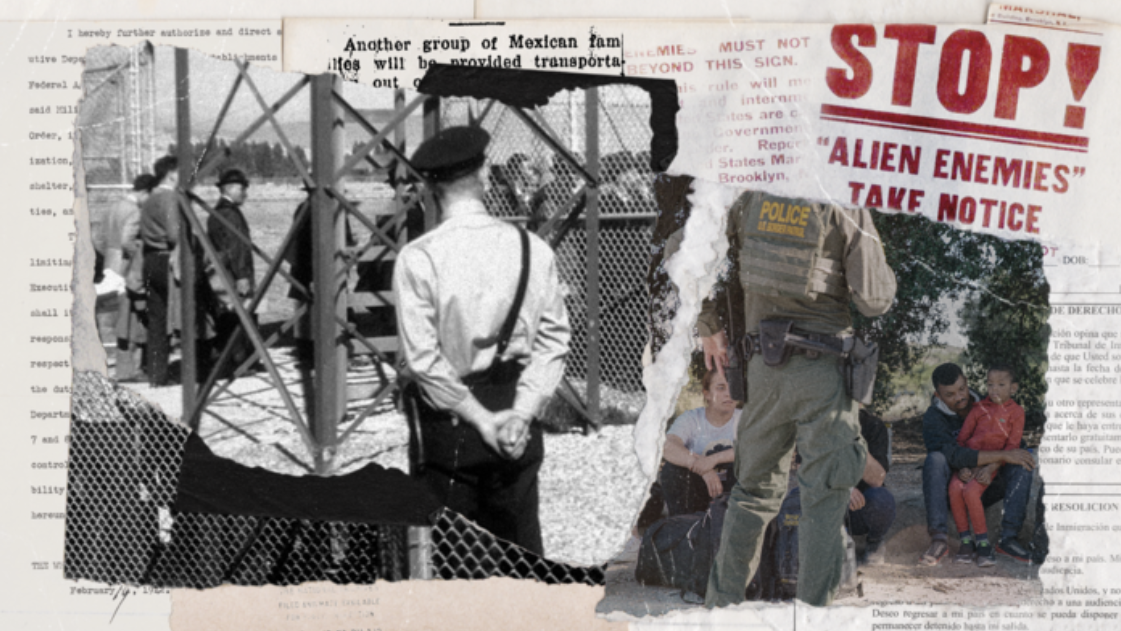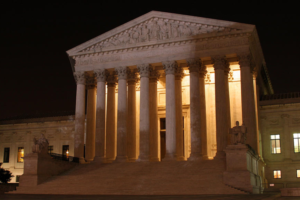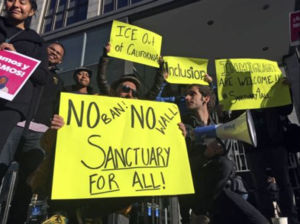In a landmark decision, U.S. District Judge Stephanie Haines has authorized the Trump administration’s use of the 1798 Alien Enemies Act to deport undocumented Venezuelan nationals identified as members of the Tren de Aragua gang. This ruling marks the first judicial endorsement of applying this centuries-old wartime law to contemporary immigration enforcement, sparking significant legal and political discourse across the United States.
Understanding the Alien Enemies Act: Historical Context and Modern Application
The Alien Enemies Act, enacted in 1798, was originally designed to permit the U.S. government to detain or deport nationals from countries with which the United States is at war. Historically, its application has been limited to periods of declared war, such as during World Wars I and II. The current invocation by the Trump administration represents a significant departure from traditional usage, applying the Act in a peacetime context to address perceived threats from non-state actors.

Unprecedented Use of Alien Enemies Act: Key Data on Deportations of Venezuelan Nationals
Surge in Deportations Under the Alien Enemies Act
Since the Trump administration’s designation of the Tren de Aragua gang as a terrorist organization in early 2025, the Department of Homeland Security (DHS) has intensified its enforcement actions. Notably, in March 2025, DHS announced the arrest of 68 alleged gang members within a single week, contributing to a total of 394 arrests in less than 100 days. These figures underscore the administration’s aggressive application of the 1798 Alien Enemies Act to expedite the removal of individuals deemed threats to national security.
Legal Challenges and Judicial Responses
The utilization of the Alien Enemies Act has sparked significant legal debate. In the case of J.G.G. v. Trump, five Venezuelan men filed a class-action lawsuit challenging their imminent deportation under the Act. U.S. District Judge James Boasberg issued a restraining order to halt the deportations, expressing concerns over due process violations. Despite this, the administration proceeded with deportation flights, arguing that the individuals were already outside U.S. jurisdiction. This move prompted further legal scrutiny and highlighted tensions between executive actions and judicial oversight.
Humanitarian Concerns and International Repercussions
The deportations have raised humanitarian concerns, particularly regarding the treatment of individuals upon arrival in third countries. In one instance, eight Venezuelan women were deported to El Salvador, only to be rejected by the receiving country’s authorities and returned to the U.S. without disembarking from the aircraft. Reports indicate that many deportees lacked criminal records, and some were subjected to inhumane detention conditions. These incidents have drawn criticism from human rights organizations and sparked debates over the ethical implications of the administration’s deportation policies.
The Tren de Aragua Gang: Origins and U.S. Designation
Originating in Venezuela, the Tren de Aragua gang has expanded its operations across Latin America and into the United States. Known for involvement in various criminal activities, including drug trafficking and extortion, the gang has been designated by the Trump administration as a foreign terrorist organization. This designation underpins the administration’s rationale for employing the Alien Enemies Act to expedite deportations of alleged members.
Legal Proceedings and Judicial Opinions
Judge Haines’ ruling permits the deportation of non-naturalized Venezuelan nationals aged 14 and older identified as members of the Tren de Aragua gang. However, she mandated a minimum 21-day notice period and the opportunity for detainees to contest their removal, along with translation services. This decision contrasts with previous rulings from federal judges in New York, Colorado, and Texas, who opposed Trump’s interpretation of the law. The American Civil Liberties Union (ACLU) has announced plans to appeal the decision, citing concerns over due process and the broad application of the Act.
Implementation and Controversies
The Trump administration has deported alleged gang members to a Salvadoran prison, paying El Salvador $6 million as part of its broader strict immigration policies. This move has raised concerns among human rights organizations and legal experts, who argue that the use of the Alien Enemies Act in this context may violate constitutional protections and international law.
Comparative Analysis: Traditional vs. Contemporary Use of the Alien Enemies Act
| Aspect | Traditional Use | Contemporary Use |
|---|---|---|
| Context | Wartime | Peacetime |
| Targeted Individuals | Nationals of enemy states | Non-state actors (e.g., gang members) |
| Legal Justification | Declared war | Executive proclamation |
| Due Process | Limited | Contested |
| Public Reception | Generally accepted | Highly controversial |
Conclusion
The invocation of the Alien Enemies Act to deport alleged members of the Tren de Aragua gang marks a significant shift in U.S. immigration policy, raising critical questions about the balance between national security and civil liberties. As legal challenges unfold, the nation watches closely, recognizing that the outcomes will have profound implications for the future application of historical laws in modern contexts.
For further information and continuous updates, visit USnewsSphere.com. Subscribe to trusted news sites like USnewsSphere.com for continuous updates.
[USnewsSphere.com / dhs]





